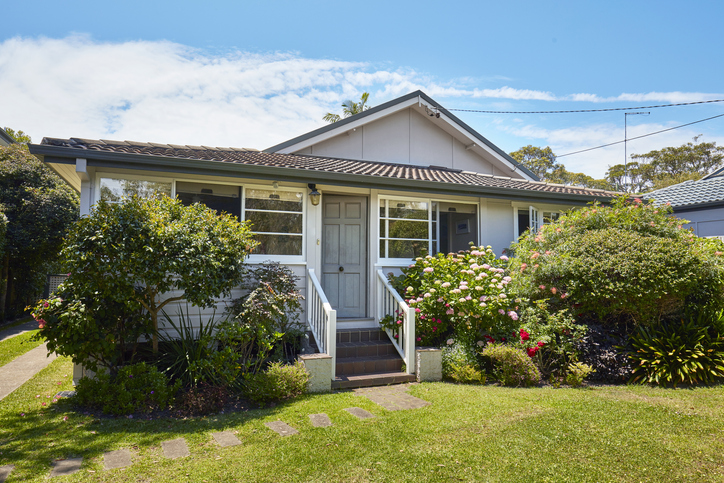Investing in a home is one of the most significant decisions a person can make. Whether you’re a first-time buyer or an experienced investor, exploring the option of purchasing a fibro home can be both exciting and daunting. In this article, we’ll break down the basics of buying a fibro home and help you understand if it’s a wise decision for you.
What is a Fibro Home?
A fibro home, short for fibro-cement or fibro-sheet, is a type of construction material used primarily in older Australian houses. It’s made from a blend of cement and fibrous materials, such as asbestos fibres (prior to the 1980s) or non-asbestos fibres like cellulose or fibreglass. While modern fibro homes use non-asbestos fibres, older properties may have asbestos-containing materials, which could pose health risks if disturbed.
The Pros of Investing in a Fibro Home
Affordability: Fibro homes are often more affordable than traditional brick or wood homes, making them an attractive option for budget-conscious buyers.
Good insulation: Fibro-cement offers decent insulation properties, helping to regulate indoor temperatures and potentially lowering energy bills.
Retro charm: Many fibro homes have a unique retro charm that appeals to those seeking a distinct character in their properties.
Renovation potential: With the right precautions and professional help, fibro homes can be renovated and improved, increasing their value over time.
The Cons of Investing in a Fibro Home
Asbestos concerns: If the home was constructed before the 1980s, there might be asbestos-containing materials present, which require professional removal if disturbed.
Durability concerns: Fibro-cement can degrade over time, particularly if exposed to harsh weather conditions. Regular maintenance is crucial to ensure longevity.
Insurance challenges: Some insurance providers may be reluctant to cover fibro homes, especially those with asbestos, due to potential health and safety risks.
Market demand: Fibro homes might have limited demand in certain markets, potentially affecting resale value and ease of selling.
Important Considerations
Asbestos Inspection: Before investing in a fibro home, always conduct an asbestos inspection by a licensed professional. If asbestos is detected, get advice on removal or encapsulation to ensure safety.
Professional Inspection: Hire a qualified building inspector to assess the overall condition of the property. They can help identify any structural issues or maintenance requirements.
Renovation Costs: If you plan to renovate the fibro home, factor in the additional costs for asbestos removal (if needed) and potential upgrades to ensure it complies with modern building standards.
Future Development: Consider the surrounding neighbourhood and the potential for future development or gentrification, as this can impact the property’s value in the long run.
Buying a fibro home can be a financially prudent decision for those willing to weigh the pros and cons carefully. While these homes offer affordability and unique character, they also require additional considerations such as asbestos management and regular maintenance. By conducting thorough inspections and making informed decisions, you can navigate the potential pitfalls and find a fibro home that fits both your budget and lifestyle.
Remember, consulting with real estate professionals and experts will be invaluable throughout the process, ensuring a successful purchase of a fibro home.



